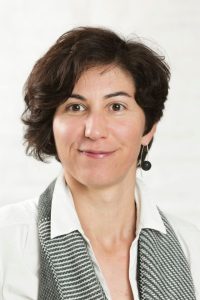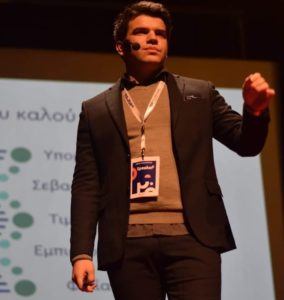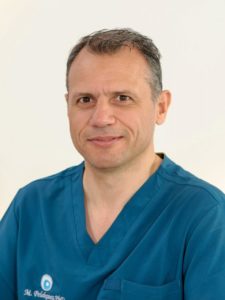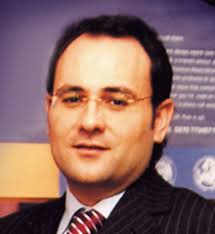
Concise curriculum vitae
Dr Sofia Gameiro
Dr Sofia Gameiro has completed bachelor’s degrees in Mathematics – Computer Sciences (1999) and Clinical Psychology (2005) at the University of Coimbra, Portugal. She received a PhD degree in Health Psychology from the University of Coimbra, Portugal, in 2009, funded by the Portuguese Government. During her postdoctoral training (also funded by the Portuguese government), Dr Gameiro focused on investigating discontinuation from assisted reproductive treatment and its underlying reasons.
In 2012, Dr Gameiro joined Cardiff University, where she is currently a Reader in Health Psychology. She has contributed around 100 papers and book chapters focusing on the psychosocial aspects of infertility and assisted reproduction, chaired the first European Guidelines for Psychosocial Care in Infertility and Assisted Reproduction (sponsored by the European Society for Human Reproduction and Embryology, ESHRE), acted as Associated Editor to some of the major journals in the field (e.g., Human Reproduction and Fertility and Sterility), and provided consultancy to industry, patient charities, and national (UK) and international governmental institutions.
Dr Gameiro’s research, funded by research councils, industrial partners, patient charities, and scientific associations (e.g., ESHRE), has a strong applied component with a focus on producing free and easily accessible tools to support people trying to conceive and all stakeholders involved in reproductive health, including award-winning patient support tools such as www.myjourney.pt and www.drawingout.uk.







